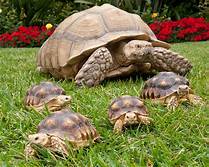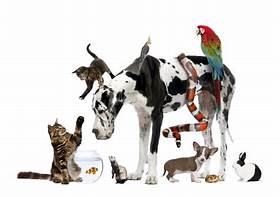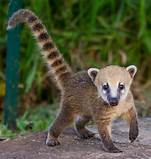Can You Have a Porcupine for a Pet?
Porcupines are unique and fascinating creatures, but are they suitable as pets? In this article, we'll explore the pros and cons of keeping a porcupine as a pet, providing insights into their needs and challenges.

Temperament and Behavior
1. Solitary and Independent: Porcupines are typically solitary animals, preferring to live alone except during mating season. They are not inherently social animals and may not actively seek interaction with humans or other pets.
2. Nocturnal Activity: Porcupines are generally nocturnal, meaning they are most active at night. This can be a challenge for pet owners who prefer daytime interaction with their animals.
3. Defensive Nature: Porcupines possess quills as a defense mechanism. When threatened, they can flick their quills to deter predators. Handling a porcupine requires caution and proper training to avoid accidental quill pricks.
Habitat and Care
1. Specialized Diet: Porcupines have a diet consisting primarily of bark, leaves, twigs, and fruit. Providing a balanced diet for a pet porcupine can be challenging, as it may require specialized food sources and supplements.
2. Extensive Space Requirement: Porcupines need ample space to roam, climb, and explore. They require a large enclosure or dedicated outdoor area, along with regular outdoor access for exercise and enrichment.
3. Grooming and Maintenance: Porcupines require regular grooming to maintain healthy skin and coat. Their quills need to be inspected for breakage or ingrowth, and their nails may need trimming. Additionally, their enclosure must be kept clean and hygienic.
Legality and Licensing
1. Legal Restrictions: In some areas, owning a porcupine as a pet may be restricted or prohibited. Local regulations, permits, and licenses may be required. It's essential to research and comply with all applicable laws before acquiring a porcupine.
2. Veterinary Care: Finding a veterinarian experienced in treating porcupines can be challenging. Access to specialized veterinary care may be limited, and routine checkups and medical procedures may be more complex and expensive.
3. Safety Considerations: Porcupines can be dangerous if not handled properly. Quills can cause painful injuries, and mishandling may result in defensive behavior from the animal. Proper training and education are essential for pet owners to ensure the safety of themselves, their families, and their porcupine.
Conclusion:
While porcupines can be intriguing and fascinating creatures, they are not considered suitable pets for most people. Their solitary nature, specialized diet, extensive space requirements, and legal restrictions make them challenging to care for. Additionally, their defensive nature and potential for quill pricks pose safety concerns. For those considering a porcupine as a pet, thorough research, consultation with experts, and a commitment to providing exceptional care are essential.
Declaration: All article resources on this website, unless otherwise specified or labeled, are collected from online resources. If the content on this website infringes on the legitimate rights and interests of the original author, you can contact this website to delete it.






